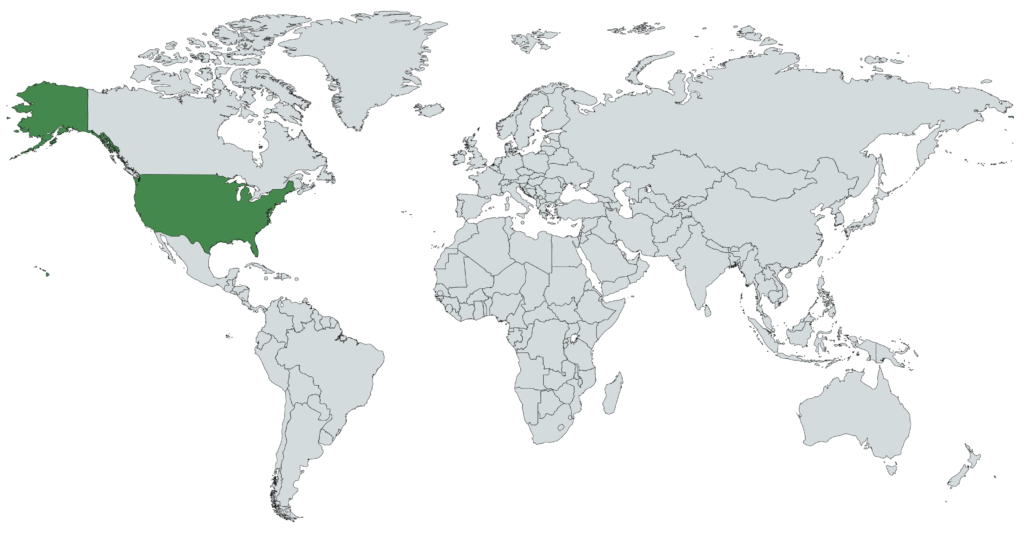Latino Diabetes Community Scientists

The Sansum Diabetes Research Institute was founded in 1944 by Dr. William D. Sansum, the first physician in the U.S. to both produce and administer life-saving insulin. Today the Institute is a world leader in research and innovation, education and care for adults and children living with all forms of diabetes. Current areas of focus are: type 2 diabetes in minorities (www.MilFamilias.com) and (www.LatinoDiabetes.sansum.org), digital health, artificial pancreas development, diabetes in pregnancy, and diabetes and exercise (www.excarbs.sansum.org).
Citizen scientists - a project to reduce diabetes disparities within the Hispanic/Latino communities in the U.S.
At present, U.S. Hispanic/Latino adults have a greater burden of diabetes and associated complications compared to the general population. The reasons for this disproportionate impact are likely to be influenced by challenges related to access to care, low rates of research participation, the social determinants of health, and low health literacy. The aim of this project is to determine the value of local Latino/Hispanic “Citizen Scientists” trained in diabetes, clinical research methods, and the use of wearable technologies to (a) help generate real-world evidence of the impact of the social determinants of health on the disproportionate Type 2 Diabetes (T2D) burden on U.S. Hispanic/Latino families and (b) overcome existing health literacy barriers to increase access to and understanding of this new knowledge.
To address these diabetes disparities and democratize critical knowledge, the Sansum Diabetes Research Insitute has proposed a novel strategy. The program aims to equip Latino Citizen Scientists with the knowledge and skills that enable them to implement research instruments and deploy state-of-the-art wearable technologies that collect real-world data on factors (such as blood glucose levels, physical activity, sleep, etc.) related to the risk of progression of T2D with the emphasis on social determinants of health. With guidance, these same Citizen Scientists will then interpret the collected data and relay pertinent findings in an accessible way to participants, peers and the Latino community across the nation. Subsequently this approach will guide interventions to reduce the disproportionate burden of T2D being faced by this population.
Beneficiary group: For this pilot, we will use U.S. Hispanic/Latino families as the reference population and diabetes as the model disease.
Budget: $60,000 (pilot year)
Location: Santa Barbara County, CA
- Add new modules and e-learning content to the existing Mil Familias curriculum. In 2018, the Mil Familias pilot involved 107 Latino adult with T2D, who proved key in establishing a unique big data set covering all 5 determinants of health (genetics, biology, psychology, behavior, and environment) to facilitate future interventions to reduce the current disproportionate impact that diabetes has on this population. The second phase, Mil Familias Cohort Establishment program, aims to recruit 1000 local Hispanic/Latino families living with T2D.
- Train Citizen Scientists to administer research instruments and deploy wearable devices as well as to interpret the results
- Validate among 50 adults with T2D using wearable devices and questionnaires to capture data covering the 5 determinants of health, including prospective data related to glucose, activity and sleep
- Interpret data and publish it for free on the LatinoDiabetes website.
- Improving minority access to health information on diabetes: Racial and ethnic disparities in participation in clinical research (as researchers, subjects, and knowledge consumers) and access to and quality of new healthcare information have been extensively documented. The boost to health literacy among Citizen Scientists as well as easy access to understandable health information by LatinoDiabetes.net readers pave the way to minority access to diabetes knowledge.
- Increasing minority participation in clinical trials: Currently, Hispanic/Latinos represent 17% of US population but only 1% of clinical trial participants. Increasing access to new health information from clinical research and improving its “understandability” are likely to increase interest in clinical research among underserved populations.

Read more about the partnership
News

Challenge winners pioneer eco-friendly sanitary pads and climate resilience in medicinal plants

Winning Chemistry projects tackle waste management and extreme climate conditions with innovative real-world solutions and a focus on gender equity

Five Pioneering Women Scientists from the Global South Honored with the 2025 OWSD-Elsevier Foundation Award for Transformative Health Research





















